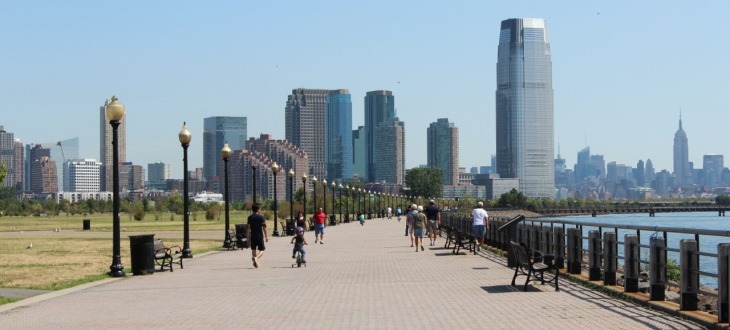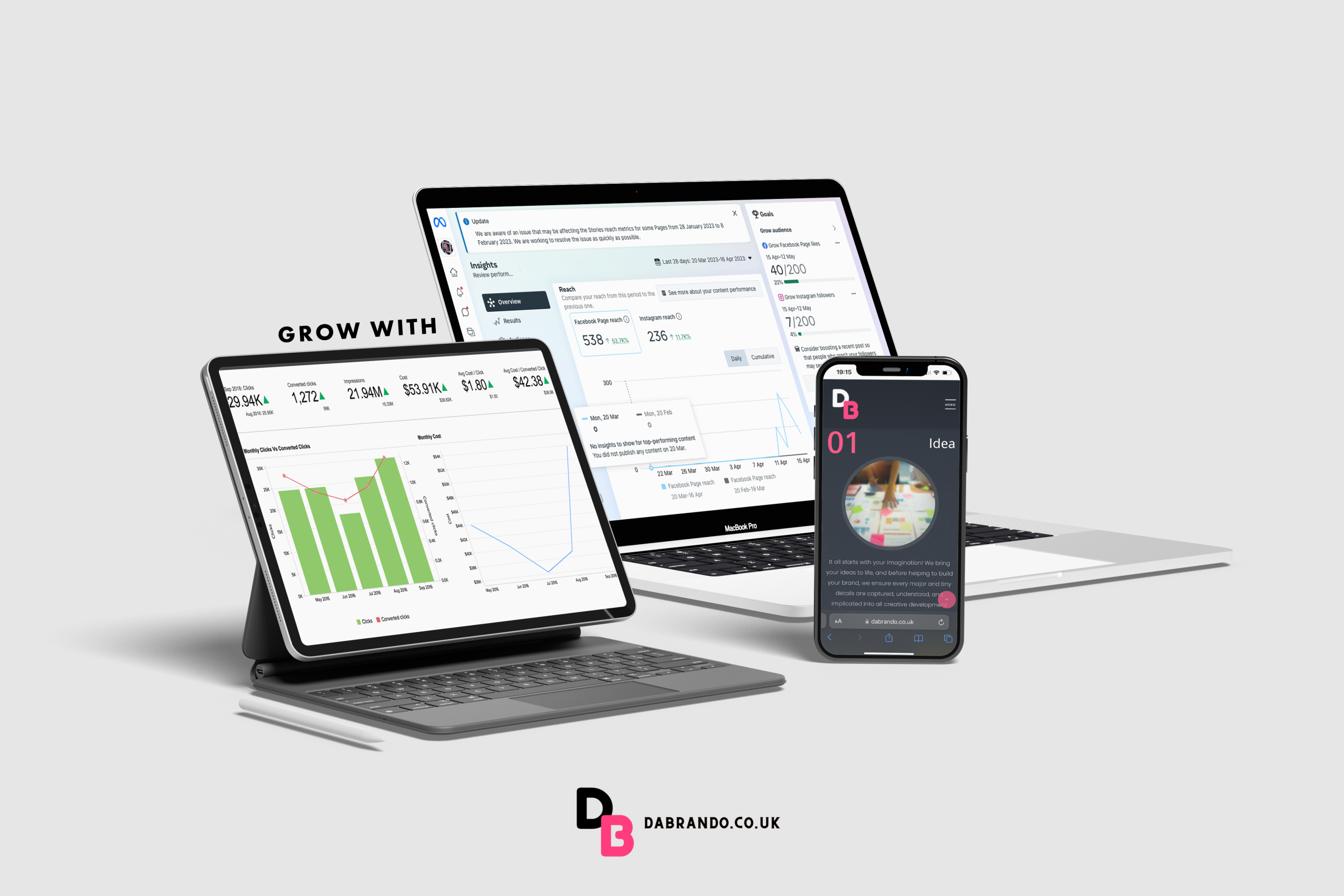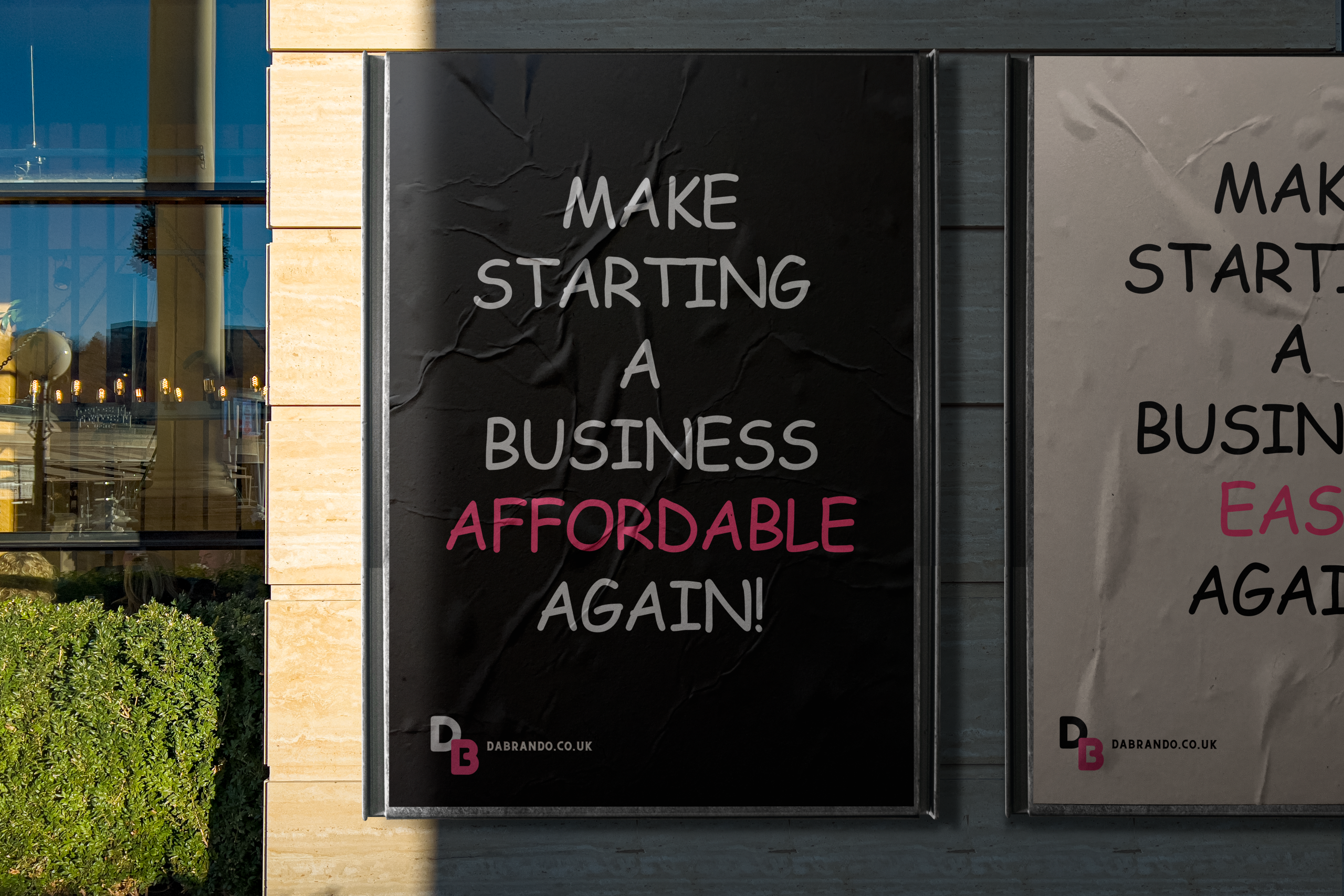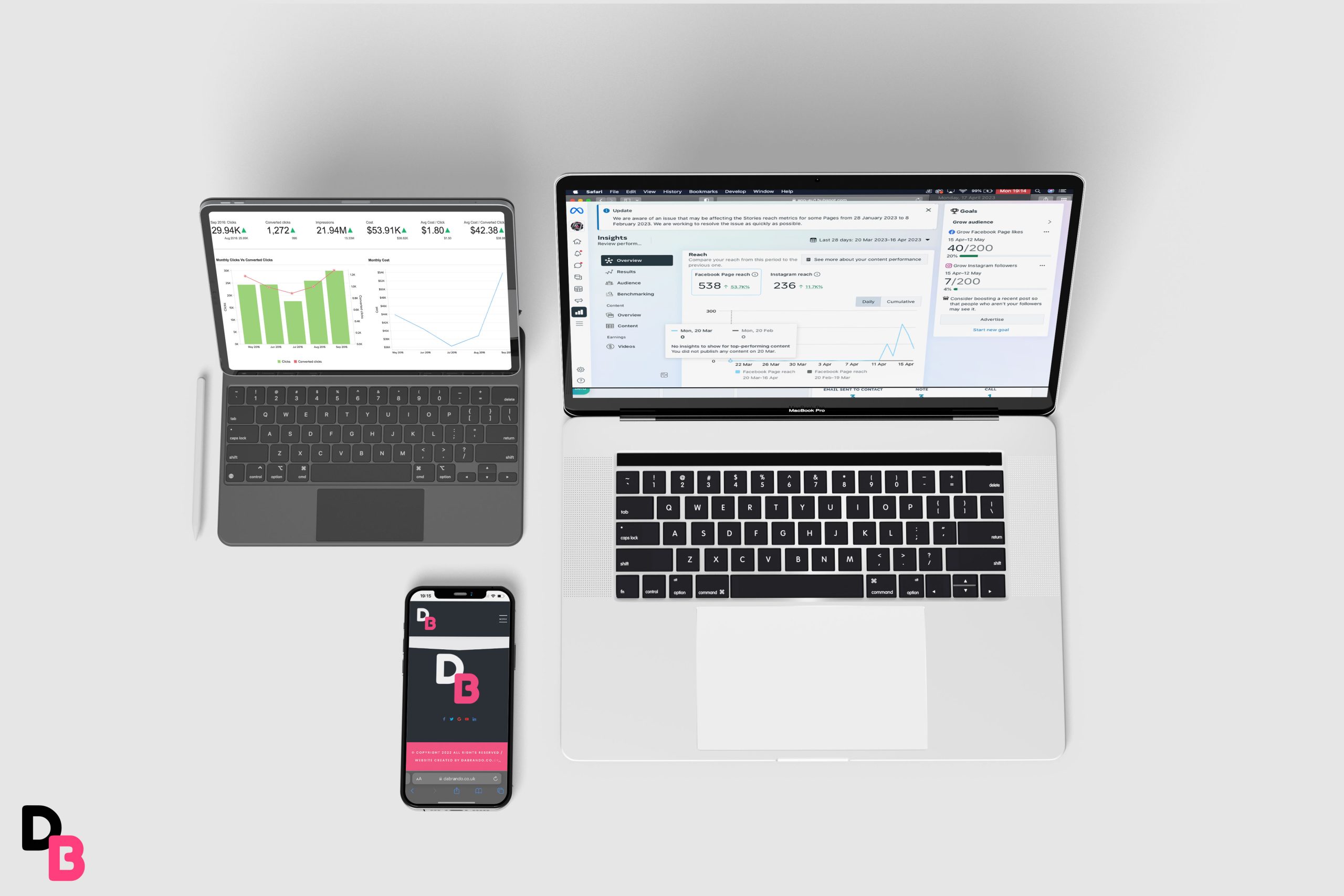Behind the Mud and Music: The Business Empire of Glastonbury Festival
Every summer, over 200,000 people flock to the fields of Somerset to experience what is arguably the most iconic music festival in the world: Glastonbury. While headlines focus on A-list performances, surprise guest sets, and the inevitable mud, there’s a deeper, lesser-known story at play—the multi-million-pound business machine behind the music.
In this blog, we peel back the layers of glitter and guitars to explore the business side of Glastonbury Festival, its economic footprint, historic growth, brand power, and what makes it one of the most commercially resilient cultural events in the world.
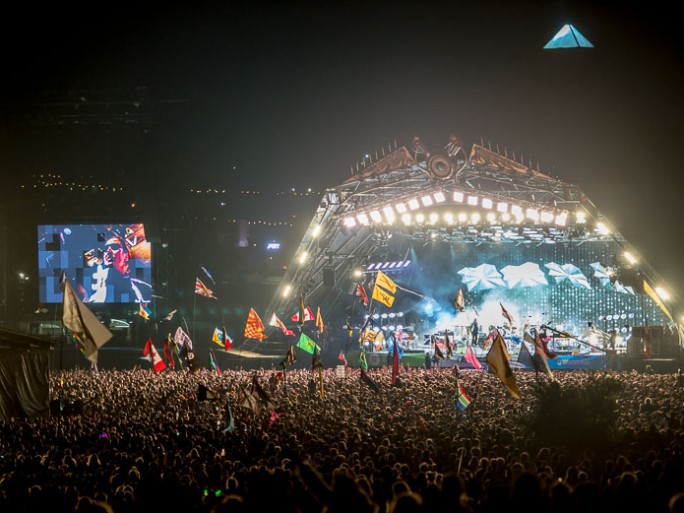
The Origins of a British Cultural Icon
Glastonbury Festival began humbly in 1970, with a crowd of just 1,500 people paying £1 each to attend. That fee included free milk from the farm. Fast-forward over 50 years and Glastonbury has grown into a global brand, drawing in over 200,000 attendees, with tickets priced at £355 plus booking fees (as of 2024), and a multi-million-pound turnover.
It was founded by Michael Eavis, a Somerset dairy farmer who continues to oversee the festival with his daughter, Emily Eavis. Despite its size and influence, Glastonbury remains proudly independent and family-run, refusing major commercial sponsorship deals that other festivals rely on.
But don’t mistake independence for amateurism—this is a highly strategic operation, powered by advanced logistics, marketing savvy, and one of the most effective word-of-mouth campaigns in live events history.
Glastonbury Festival by the Numbers
To understand the business scale of Glastonbury, let’s take a look at some key stats:
- Revenue: Estimated to generate over £50 million per festival year.
- Ticket Sales: With around 210,000 tickets sold, revenue from ticketing alone is well over £70 million.
- Charitable Donations: The festival donates over £2 million annually to causes like Oxfam, Greenpeace, and WaterAid.
- Vendors and Traders: Over 1,000 food and market stalls operate across the site, paying fees and profit shares to the festival.
- Local Economy Boost: Contributes an estimated £100 million to the South West economy.
- Broadcast Rights: The BBC has an exclusive multi-year deal to air performances across its platforms—one of the most valuable non-sporting TV rights deals in the UK.
Glastonbury is more than a festival—it’s a mini-city that springs to life every few years, with its own economy, workforce, infrastructure, and exportable culture.
The Ticketing Model: Scarcity & Demand
One of the most fascinating business aspects of Glastonbury is its ticketing strategy. Unlike other festivals that rely on early bird discounts or last-minute deals, Glastonbury consistently sells out all tickets in under an hour, months before the lineup is even announced.
This creates incredible brand equity and is a masterclass in:
- Scarcity marketing – Limited tickets, high demand.
- Trust in brand promise – Attendees buy without knowing who’s performing.
- Community-driven loyalty – A loyal fan base that plans a year in advance.
Tickets require a photo ID and pre-registration, which helps reduce fraud and scalping while capturing valuable first-party data—a goldmine for email marketing and long-term audience engagement.
Brand Strategy Without Brands
One of the most radical aspects of Glastonbury’s business model is its refusal to accept overt corporate sponsorship. Unlike events like Coachella, where every stage and lounge is branded, Glastonbury has built its reputation on anti-commercialism—and paradoxically, that’s part of what makes the brand so powerful.
Instead of letting big brands take over the festival experience, Glastonbury sells limited, curated on-site vendor spots, allowing artisan traders, ethical food vendors, and green businesses to flourish. This not only supports small business but enhances the festival’s grassroots image.
Brands like BBC, Oxfam, and WaterAid are given space, but this is more about values alignment than pure commercialism. It’s brand marketing with a conscience—a model modern marketers should study carefully.
Supply Chain, Staffing & Infrastructure
Running Glastonbury is like staging the Olympics—every single year. The temporary city requires:
- 8,000 security staff
- 5,000 toilets
- 100+ on-site bars
- 700+ food stalls
- On-site hospitals and fire services
- 30+ dedicated stages across 900 acres
The festival employs thousands of contractors and freelancers, many of whom work year-round planning logistics, health & safety, artist liaison, and infrastructure. And all of this must be built and dismantled on schedule, with minimal environmental impact—a significant challenge in an age of climate scrutiny.
Suppliers, local businesses, and logistics companies benefit enormously from this ecosystem, with many relying on Glastonbury as a key annual revenue stream.
Marketing: The Power of Hype and Silence
Glastonbury is a rare example of a brand that thrives without advertising. There are no billboards, social ad campaigns, or influencer giveaways. Instead, its marketing relies on:
- Word of mouth and nostalgia
- High-profile media coverage
- FOMO (Fear of Missing Out) culture
- Surprise guest appearances (Bowie, Beyoncé, Stormzy, Elton John)
The festival has essentially become a rite of passage for Brits and an international pilgrimage for global music fans. In 2024 alone, BBC’s Glastonbury coverage reached over 21 million viewers, making it one of the most-watched non-sporting broadcasts of the year.
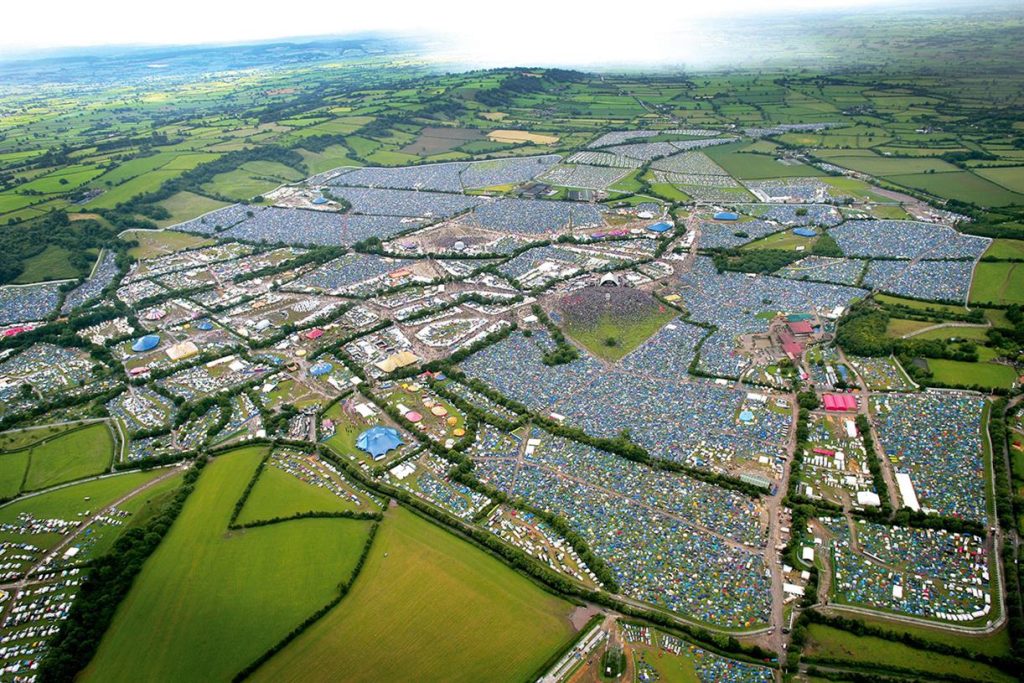
Glastonbury’s digital presence also continues to grow, with millions engaging via YouTube, Instagram, TikTok, and BBC iPlayer.
The Green Business Model
Glastonbury isn’t just a money-making machine—it’s a model of sustainable event business. The festival has implemented strict environmental policies, including:
- Banning single-use plastics
- Solar-powered stages
- Composting toilets
- Green trader policies
- Encouraging public transport and cycling
By embedding sustainability into its brand values, Glastonbury appeals to younger, conscious consumers—and positions itself as a responsible cultural leader.
It also aligns with its charitable partnerships and ethical supply chain standards, reinforcing a brand identity that prioritises people, planet, and purpose.
Business Lessons from Glastonbury Festival
There are countless lessons that entrepreneurs, marketers, and business strategists can learn from Glastonbury’s enduring success:
- Create Cult-Like Loyalty: Build trust through consistency, quality, and values—not gimmicks or discounting.
- Value > Volume: Instead of endless ticket tiers or over-selling, focus on experience and scarcity.
- Stick to Your Principles: Say no to short-term revenue if it damages long-term brand equity.
- Monetise Around the Edges: Broadcast rights, merchandise, food stalls, and partnerships create huge value without overt selling out.
- Make Marketing Invisible: When your product is legendary, people will sell it for you.
Final Thoughts
Glastonbury is more than a music festival—it’s a masterclass in brand identity, commercial strategy, event management, and community building. By staying true to its roots while embracing innovation and scale, the festival has become a powerful business force that rivals some of the world’s biggest entertainment brands.
At Dabrando, we help brands tap into this kind of strategic thinking—balancing creativity with commercial results. Whether you’re running a national festival, a tech startup, or a boutique agency, the Glastonbury model offers timeless lessons on building loyalty, managing scale, and staying relevant in a fast-changing world.
Because in business, as in music, it’s not just about who shouts the loudest—it’s about who plays the smartest.
📧 Need help with marketing business? We only charge based on the results we bring clients, no retainers, no hidden fees!
Contact us today at grow@dabrando.co.uk or explore our services to learn more, or Book A Free Discover Call to get started today!

